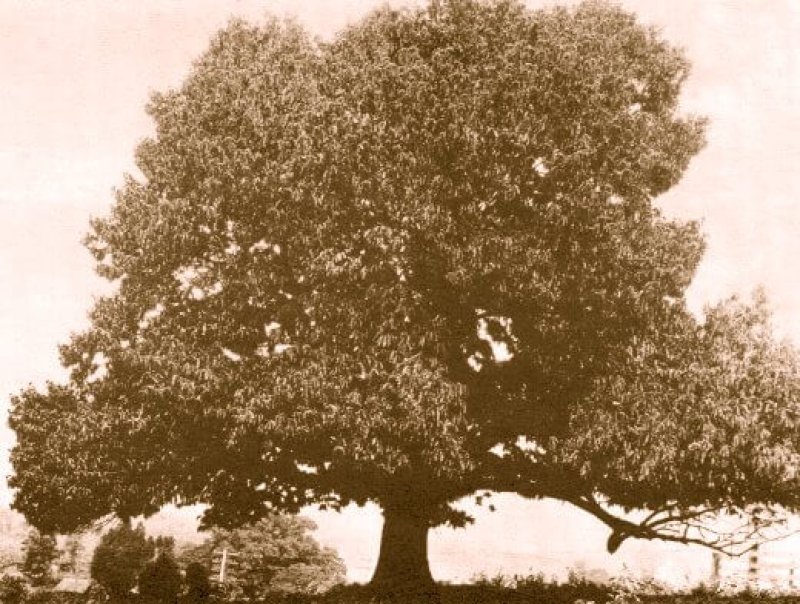The [American chestnut tree]…fell victim to a [Cryphonectria parasitica fungus] disease introduced by a foreign chestnut species in the early 20th century….
“The specific gene that’s being inserted into [the] chestnut comes out of wheat, so every single person on earth that poured a bowl of cold cereal this morning ate that same gene,” says [Brian McCarthy, a forest ecologist at Ohio University].
The release of genetically modified trees into the forest could have some unforeseen long-term impacts, says Chad Oliver, an environmentalist at Yale University….For American chestnut, however, the risk is very small, he says…
“Trees have a very good habit of [co-existing] — some in shades, and some in sunlight,” says Oliver. “The [American chestnut] is not going to become a super tree that kills everything else out.”
Research geneticist Dana Nelson of the USDA Forest Service also objects to the genetic approach — but on an evolutionary basis…. “[T]hat population you produce doesn’t have the genetic diversity to adapt to the variable environment and climate,” [Nelson says.] [William Powell, an biotechnologist at the State University of New York College of Environmental Science & Forestry] acknowledges this drawback. To solve the problem, he plans to cross his GMO trees with surviving American chestnut trees.
The GLP aggregated and excerpted this blog/article to reflect the diversity of news, opinion, and analysis. Read full, original post: The American chestnut tree has a good shot at making a comeback































